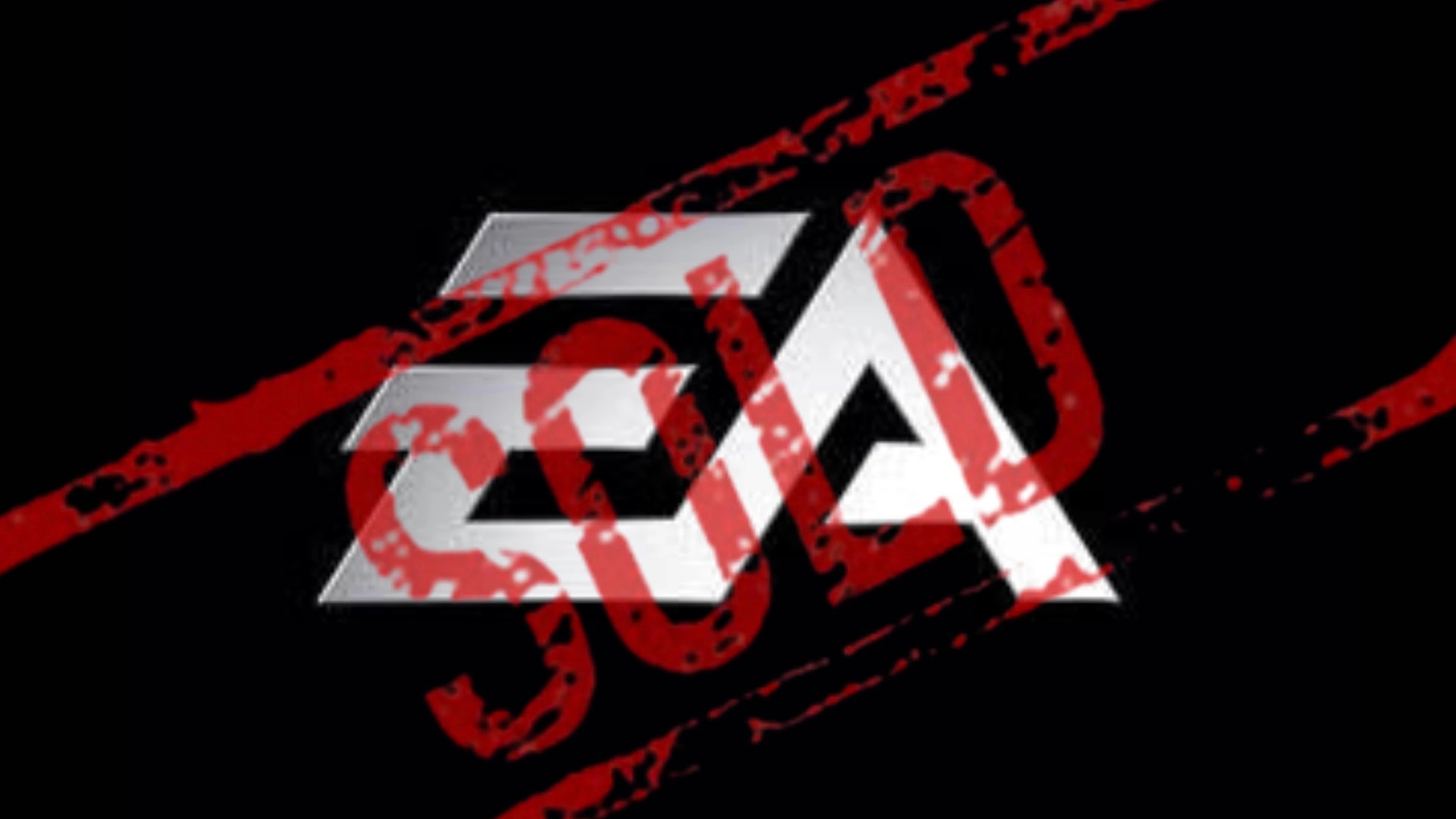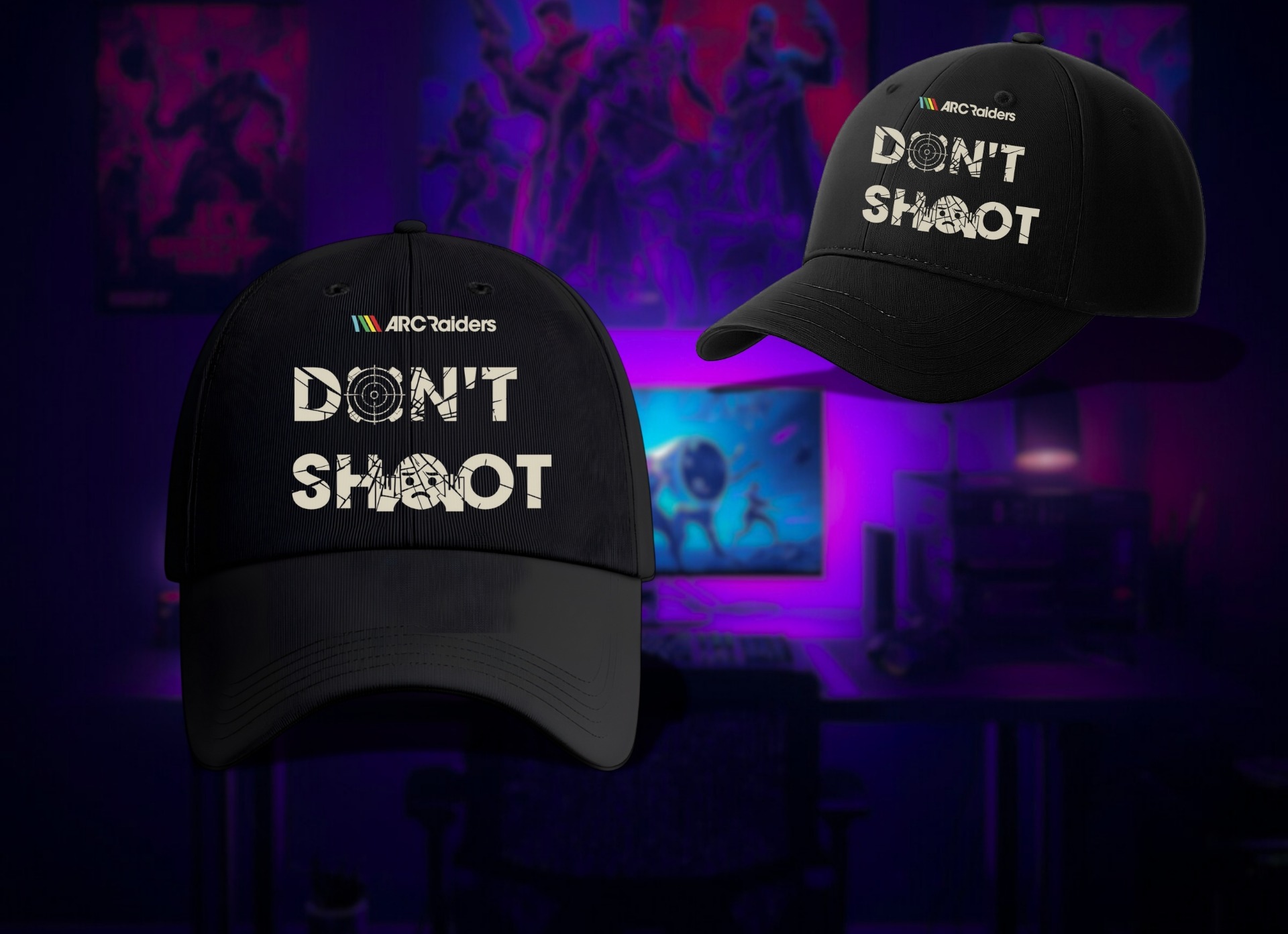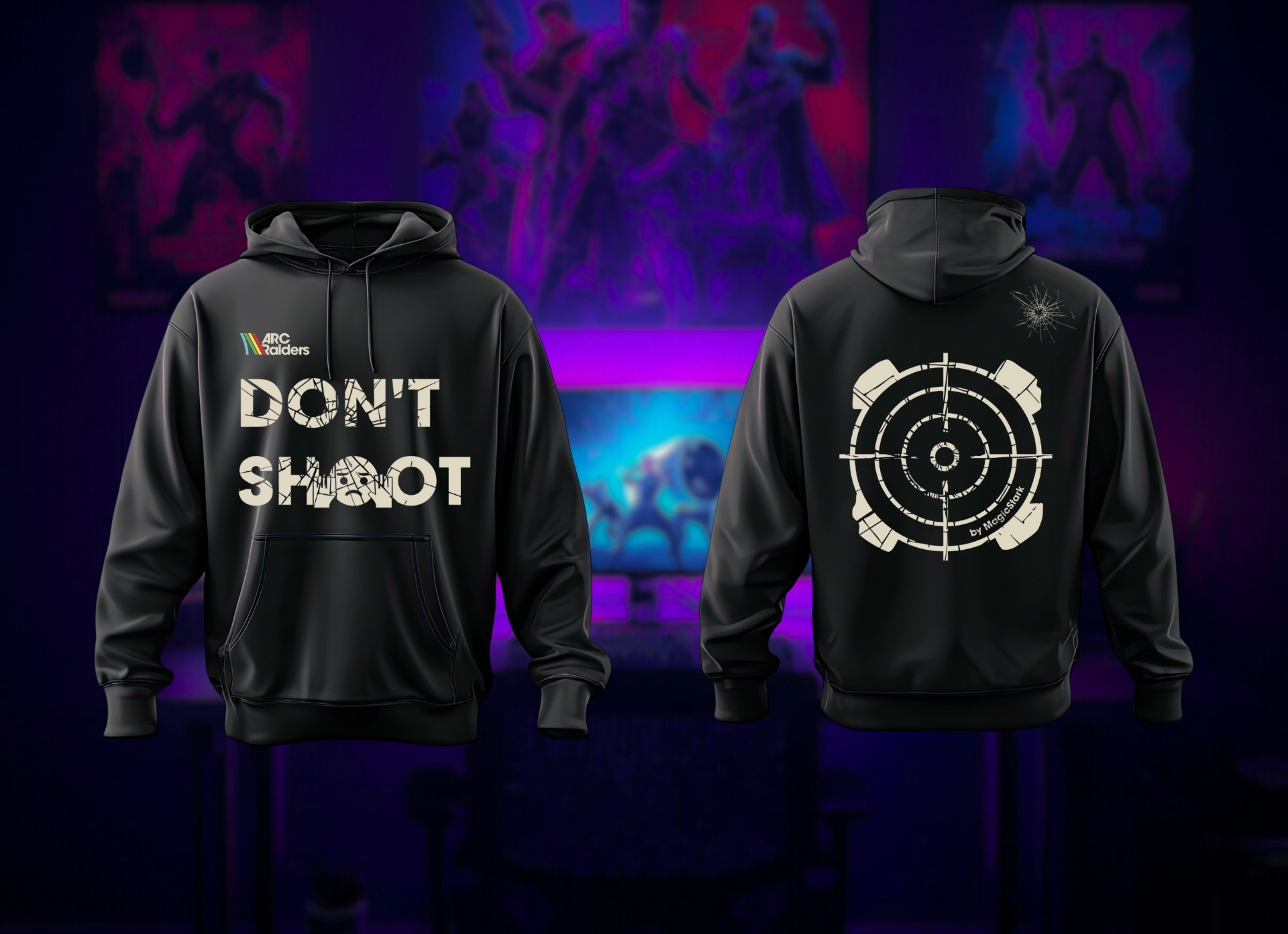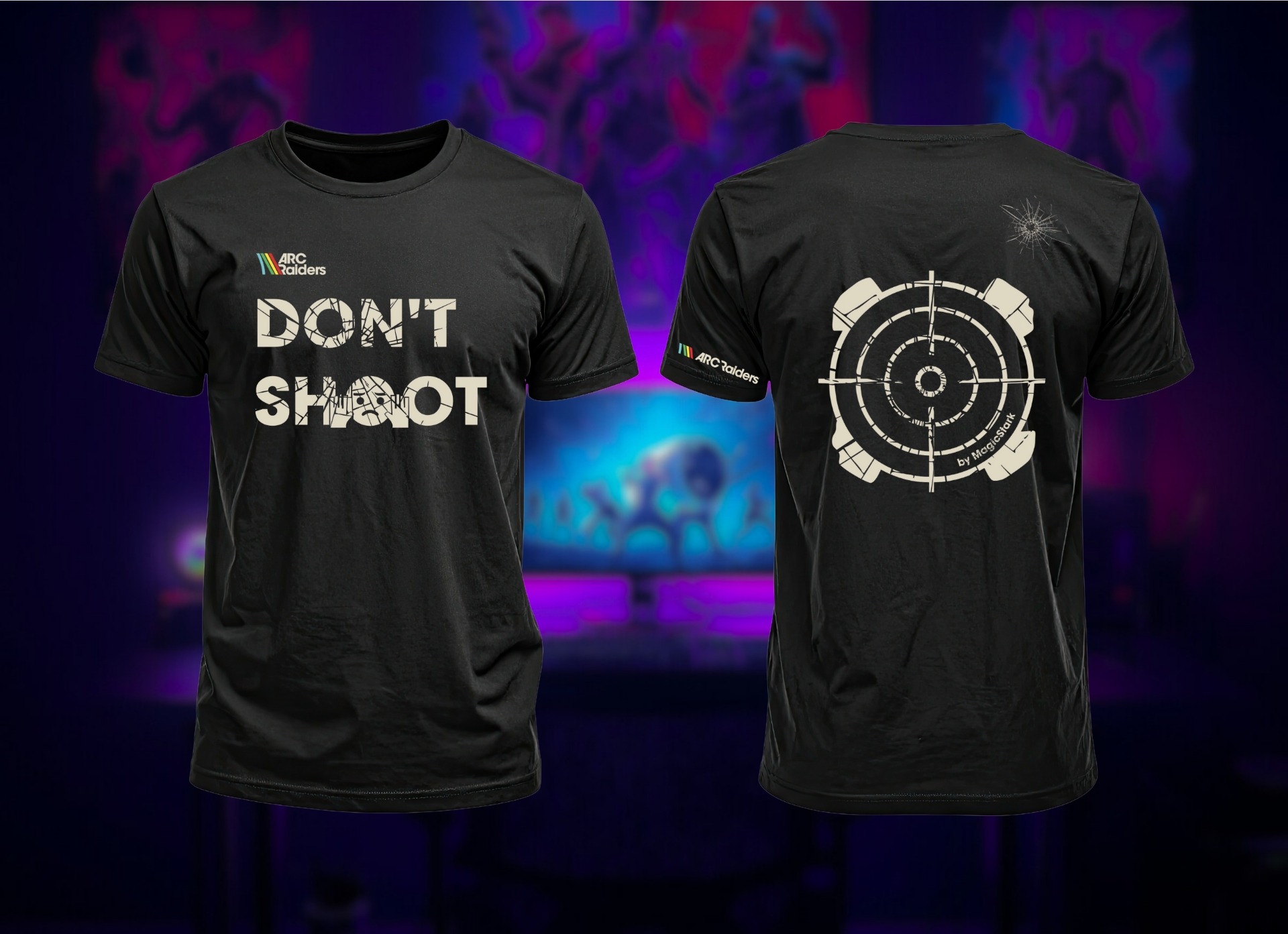Gaming Giant Electronic Arts Bought in Unprecedented $55bn Deal
EA sold for $55bn ($210/share) to Saudi PIF, Silver Lake, and Affinity Partners in the largest leveraged buyout ever. EA goes private with $20bn debt load. Second-biggest gaming acquisition after Microsoft-Activision. Andrew Wilson stays as CEO. Major concerns about debt servicing impacting new game development and potential cuts.

The Numbers Behind Gaming's Biggest LBO
Electronic Arts going private for $55 billion isn't just another acquisition - it's the largest leveraged buyout in history. That "leveraged" part is what should make you pay attention, because it means a huge chunk of this purchase is financed by borrowed money.
The consortium putting up approximately $36 billion, with the remaining amount being financed by loans. That creates roughly $20 billion in debt that needs to be serviced. And guess where that money comes from? Your FIFA... sorry, EA Sports FC purchases.
The purchase price puts a significant 25% premium on EA's market value. That's great for shareholders getting bought out, but raises questions about how the new owners plan to extract value from EA's properties to justify that premium plus service the massive debt.
Who's Actually Buying EA?
The consortium consists of three major players:
Saudi Arabia's Public Investment Fund (PIF) - The sovereign wealth fund controlled by Crown Prince Mohammed bin Salman, with hundreds of billions in assets from oil wealth. This is their biggest gaming play yet.
Silver Lake - Major private equity firm with significant tech investments. They know how to strip value from companies and maximize returns.
Affinity Partners - Jared Kushner's private equity firm. Yes, that Jared Kushner.
This combination tells you everything about what this deal is really about. It's not about passion for gaming or building long-term franchises. It's about extracting maximum value from EA's portfolio to service debt and generate returns for investors.
What This Means for EA's Games
Let's be real about what happens when private equity loads a company with debt. Industry expert Christopher Dring nailed it:
"The revenue generated by big games like EA Sports FC, Madden and Battlefield 6 will be needed to service this debt, which may impact EA's ability to invest in new games."
Translation: Expect more microtransactions, more annual releases, more live service games, and less risk-taking on new IP.
EA's Major Franchises at Risk
EA Sports FC - 325 million copies sold since 1993 as FIFA
The Sims - Over 200 million copies sold
Need for Speed - More than 150 million copies
Battlefield - Major FPS franchise
Mass Effect - Beloved RPG series
Apex Legends - Current live service cash cow
All of these now exist primarily to service $20 billion in debt. That's the reality.
The Saudi Gaming Expansion
This isn't Saudi Arabia's first rodeo in gaming. They've been systematically building gaming empire:
March 2025 - Bought Niantic's gaming division (Pokémon Go) for $3.5bn 2023 - Savvy Games Group bought Scopely (Monopoly Go) for $4.9bn Ongoing - Stakes in Nintendo and Take-Two Interactive 2027 - Hosting Olympic eSports Games
The EA purchase represents their most significant move yet. PIF now controls some of the biggest gaming franchises in the world.
⚠ Critical context: Saudi Arabia's government has been accused of human rights violations. A 2019 UN report stated "the state of the Kingdom of Saudi Arabia is responsible" for the death of journalist Jamal Khashoggi. Saudi Arabia denies this.
This isn't just about gaming. It's about sportswashing - using sports and entertainment investments to improve international image.
Industry Concerns About the Deal
The gaming industry isn't celebrating this acquisition. Here's why developers and industry insiders are worried:
Debt Servicing Pressure
✓ $20bn debt load requires massive cash generation
✓ Pressure on annual releases - Can't afford to skip years
✓ Reduced R&D budgets - Innovation takes backseat to guaranteed revenue
✓ Live service priority - Recurring revenue models favored over single-player experiences
Potential Cost Cutting
⚠ Job cuts likely - Private equity always "optimizes" headcount
⚠ Studio closures possible - Underperforming teams get axed
⚠ Franchise cancellations - Anything not generating immediate ROI is at risk
⚠ Benefits reduction - Standard private equity playbook
Creative Impact
- Less experimentation with new IP
- More sequels and remakes
- Aggressive monetization in all titles
- Shorter development cycles
Andrew Wilson Stays - But at What Cost?
Andrew Wilson remaining as CEO might seem like continuity, but CEOs serving private equity masters operate under completely different constraints than public company CEOs.
Wilson now answers to owners who need to service debt and generate returns on a massively leveraged investment. His mandate isn't "make great games" - it's "generate cash flow to pay down debt and deliver ROI."
That fundamentally changes decision-making at every level of the company.
Comparison to Microsoft-Activision Deal
EA's $55bn acquisition is the second-largest gaming purchase ever, behind Microsoft's $69bn Activision Blizzard deal. But there are crucial differences:
Microsoft bought Activision with cash and strategic intent to build Game Pass. This EA deal is about financial engineering and debt servicing. Completely different motivations, completely different outcomes for gamers.
What Happens Next?
The deal still needs regulatory approval, though the private equity structure might face less scrutiny than a tech giant consolidation like Microsoft-Activision.
Timeline expectations:
- Q2 2025 - Regulatory review begins
- Q3-Q4 2025 - Potential approval (if no major roadblocks)
- 2026 - Full integration under new ownership
- 2026-2027 - First major strategic changes visible
Once approved, expect rapid "optimization" - that's private equity speak for cost cuts and revenue maximization.
The Bigger Picture for Gaming Industry
This deal represents a troubling trend: financialization of gaming. When companies get loaded with debt and sold to financial investors rather than strategic buyers, the priorities shift from making great games to maximizing cash extraction.
We've seen this movie before in other industries. It rarely ends well for the product or the people making it.
Industry Consolidation Continues
Major gaming acquisitions in recent years:
- Microsoft-Activision: $69bn
- EA Sale: $55bn
- Take-Two-Zynga: $12.7bn
- Embracer buying spree: $8bn+
The indie space keeps gaming innovation alive, but AAA franchises increasingly controlled by entities prioritizing financial returns over creative vision.
What This Means for You as a Gamer
Practically speaking, here's what to expect:
Short term (1-2 years):
- Business as usual while deal closes
- Maybe some PR about "commitment to franchises"
- Existing roadmaps continue
Medium term (2-5 years):
- More aggressive monetization across all titles
- Increased focus on annual releases
- Live service elements in everything
- Potential studio closures
- Job cuts disguised as "restructuring"
Long term (5+ years):
- EA potentially resold again once debt paid down
- Franchise fatigue from overexploitation
- Talent exodus to other studios
- Legacy IP damage from over-monetization
FAQ
Q: Will EA games still be available on all platforms?
A: Yes, unlike Microsoft-Activision, there's no platform owner involved. EA games should remain multiplatform.
Q: What happens to Game Pass deals?
A: Existing agreements likely continue, but new owners might renegotiate terms.
Q: Will EA Sports FC get more expensive?
A: Probably not the base game, but expect more aggressive Ultimate Team monetization.
Q: Is this good for EA employees?
A: No. Private equity ownership typically means job cuts and reduced benefits.
Q: Will The Sims 5 still happen?
A: Likely yes, but expect more aggressive DLC and monetization strategies.
Q: Can regulators block this deal?
A: Possible but less likely than Microsoft-Activision given no platform consolidation.
Q: What about Mass Effect and single-player franchises?
A: High risk. Single-player games don't generate recurring revenue to service debt.
Q: Will EA Origin change?
A: Potentially. New owners might consolidate or restructure digital distribution.
Q: Is this the end of EA as we know it?
A: Essentially yes. The EA that existed as a public company focused on long-term franchise building is gone.
Q: Should I be worried about my favorite EA franchise?
A: Yes. Anything not generating massive recurring revenue is at risk.
Related Articles:
Community and Newsletter
Want to be the first to know about the latest news? Join our CZ/SK community Discord where you'll find the freshest updates in the #herní-novinky channel! 🎮💥 You can also join discussions, find new friends, fellow players, participate in GIVEAWAYS and win peripherals or game keys that interest you! 🔑👾
Thanks to your support, I can create quality gaming content and bring you the latest information from the gaming world 🎮. Some links in my articles may be affiliate links - when you shop through them, I receive a small commission without changing the price for you. All products and games I recommend are carefully selected and personally tested. This income helps me remain an independent creator and bring you objective reviews and opinions. If you like my content, you can also support me through Twitch membership, YouTube or Discord Nitro boost. Thank you for your support! - MagicStark 💎

Daniel Haša
🎮 Streamer | 🎥 Content Creator | 📈 SEO Specialist | 🎮 Gamer & Beta Tester | ✍️ Copywriter | 🧠 AI user
Daniel is a passionate gamer and content creator who specializes in gaming reviews, guides a Gaming news from all over the world. He regularly streams on Twitch, creates detailed YouTube videos, and brings exclusive articles to magicstark.cz. He covers the latest titles, provides in-depth gaming analyses, and helps players get the most out of themselves.























